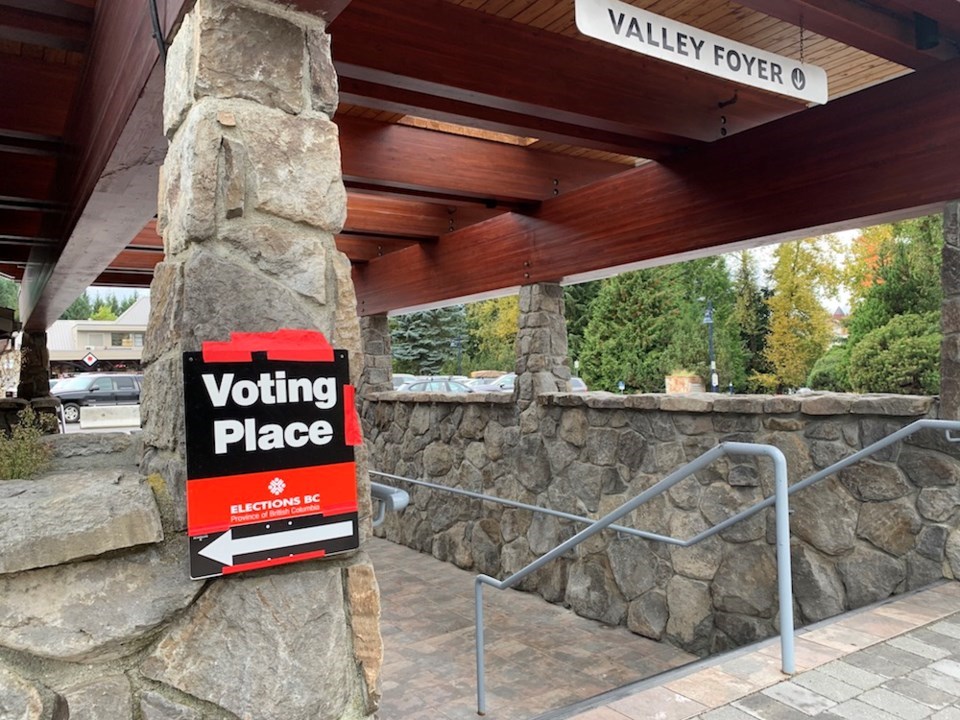In the past 12 months, British Columbia experienced two extremely close democratic processes.
In the provincial ballot of 2024, the two main contending parties were separated by less than two per cent of all cast ballots. In the 2025 Canadian federal election, the difference between the top two parties was less than one per cent.
When thinking about what to ask British Columbians about electoral reform, the first-past-the-post system (FPP) immediately comes to mind. We could assume that large proportions of residents would disparage this method, especially if they saw their party or candidate defeated.
This is simply not the case. Almost two-thirds of British Columbians (65 per cent) told us they are satisfied with FPP, while 21 per cent are dissatisfied and 13 per cent are not sure.
Our survey also tested three possible systems for elections to the legislative assembly, and not one was backed by a majority of British Columbians. Support is highest—at 47 per cent—for the adoption of party-list proportional representation, where parties would make lists of candidates to be elected, and seats get allocated to each party in accordance with the number of total votes the party receives.
Appetite is slightly lower—at 43 per cent—for electing all members of the legislative assembly through single transferable vote, where votes are initially allocated to a voter’s most preferred candidate, and as the count proceeds and candidates are either elected or eliminated, it is transferred to other candidates in accordance to the voter's stated preferences.
Mixed member proportional representation (MMP)—a hybrid method that would use party-list proportional representation for a portion of the legislature, and FPP for another portion—is backed by 40 per cent of British Columbians.
There is one consistent finding across all three systems. British Columbians aged 55 and over, traditionally the group with the highest participation rates in provincial elections, are not open to change. Only 36 per cent of the province’s oldest adults endorse party-list proportional representation, while fewer would welcome switching to single transferable vote (32 per cent) or MMP (28 per cent).
Our survey also looked at the perceptions of British Columbias on other aspects of the democratic process. A sticking point for the province’s residents is the absence of candidates in planned debates and public meetings. More than three in four British Columbians (77 per cent) think it should be mandatory for candidates to attend at least one public debate in their riding with the candidates from other parties.
Majorities of British Columbians also like three other ideas: making voting mandatory in all provincial elections (61 per cent); holding provincial elections in May, like the province did five times in this century before the 2020 pandemic (56 per cent); and declaring provincial election day a public holiday (54 per cent).
A question designed to work as a “carrot or stick” proposition yielded fascinating results. The notion of using fines to punish eligible adults who choose not to vote is endorsed by 10 per cent of British Columbians. Almost two in five (38 per cent) would prefer a different route, where eligible adults who do cast ballots in provincial elections are rewarded through tax incentives. Still, the largest proportion of British Columbians—45 per cent—think both ideas are misguided.
Finally, we studied whether British Columbians are willing to extend the franchise to groups that actively participate in the province’s life but have not attained voting rights. More than half of British Columbians (57 per cent) are in favour of allowing permanent residents, defined as individuals aged 18 and over who have been granted the right to live and work in Canada permanently, but are not yet Canadian citizens, to cast ballots in provincial elections.
Fewer than two in five British Columbians would add three other groups to the voter rolls: British Columbians who would qualify as Canadian citizens under current regulations when they turn 18, but who are 16 and 17 years old (37 per cent); foreign students, or individuals aged 18 and over who are not Canadian citizens but are pursuing post-secondary studies in a Canadian institution (27 per cent); and temporary workers, or individuals aged 18 and over who are not Canadian citizens but work in Canada for a limited period (26 per cent).
The survey outlines a public that is not particularly enraged by the FPP system, and where the desire for change is very low among those aged 55 and over—the group that is the most interested in politics. We also see majority support for the return of spring elections and mandatory voting. At this stage, more than half of British Columbians think permanent residents—who have chosen to make Canada their home and have been cleared to relocate by the federal government—should be able to cast ballots in provincial elections.
Results are based on an online survey conducted from July 13-15, among 814 adults in British Columbia. The data has been statistically weighted according to Canadian census figures for age, gender and region in British Columbia. The margin of error—which measures sample variability—is +/- 3.1 percentage points, 19 times out of 20.



